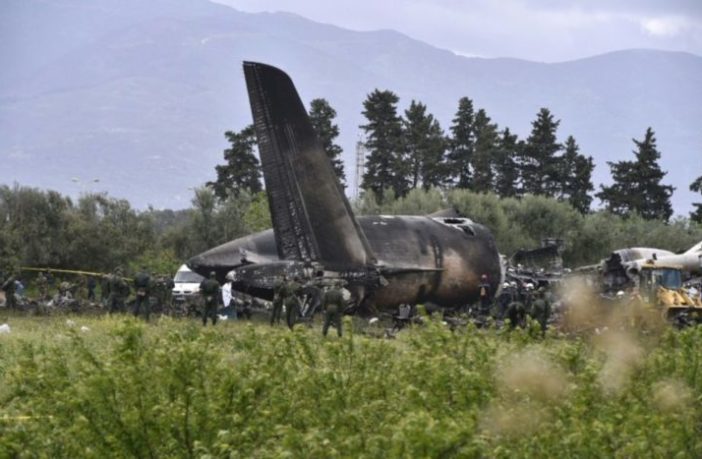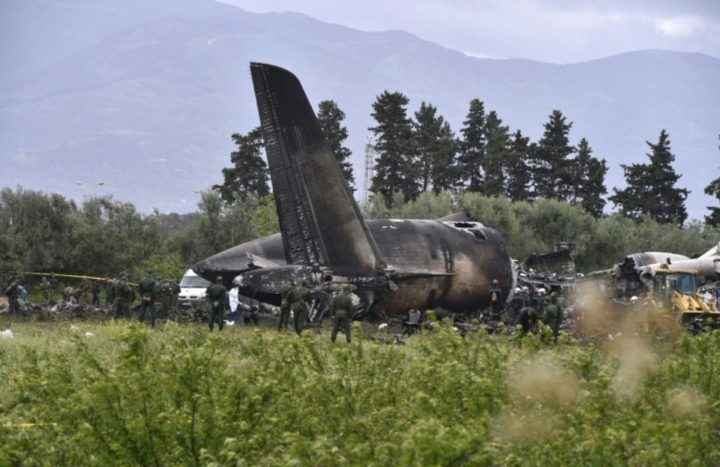The North Africa Post
Algerian officials have for decades indulged in statements claiming that they are not involved in the Sahara conflict.
The crash of a plane bound-for the Polisario-run Tindouf, killing 257 soldiers including Polisario members, is a further evidence of Algiers military support to the separatist group.
The killed Polisario members include former key leaders and officials such as Mohamed Laghdaf, alias “Bujumbura”, Sheikh Doua Ould Boussif who was member of the Polisario delegation to Algiers and other members of the separatist group, said the Moroccan news agency.
The very fact of the presence of Polisario members in an Algerian military aircraft is in itself a proof of Algeria’s involvement as a party in the Sahara conflict.
Following the crash, Algerian authorities rushed to lead the international public opinion astray saying that the Polisario members who died in the tragic incident are “refugees” who received medical care in Algiers. Yet, they fell short of revealing the full list of passengers, which proves the presence of senior Polisario leaders.
This crash revealed once more that backing separatism in the Moroccan Sahara is a tenet in Algeria’s foreign policy to the detriment of the interest of its own people and the aspirations of the people of the Maghreb to an integrated, peaceful and stable region.
In his letter to the UN Secretary General, King Mohammed VI made sure to condemn Algeria’s blatant responsibility in the Sahara conflict, saying that Algiers hosts, arms and backs the Polisario diplomatically.
Since the early 1970s, Algeria instigated the Polisario to endorse the separatist thesis in southern Morocco and pushed them to declare “an independent republic”. It used its oil mantra to buy support for the phony entity at the Organization of the African Unity, the predecessor of the African Union, in a cold war context.
Emboldening the Polisario to set up permanent military or civilian structures in the buffer zone east of the Moroccan security wall is an attempt by Algeria to gradually move the Tindouf camps into the area, claimed by the Polisario as a liberated area, but which is in fact a territory handed by Morocco to the UN for ceasefire monitoring purposes.
Today, Morocco is not mincing its words. It vowed to quell any breach of the ceasefire if the UN fails to do its job. The conflict this time may not be a limited guerrilla war. If Algeria allows the Polisario to use its territories in a guerrilla war against Morocco, it should brace for a war with Morocco with drastic consequences on the region further undermining the dream of an integrated Maghreb region.
Posted by
North Africa Post’s news desk is composed of journalists and editors, who are constantly working to provide new and accurate stories to NAP readers.








